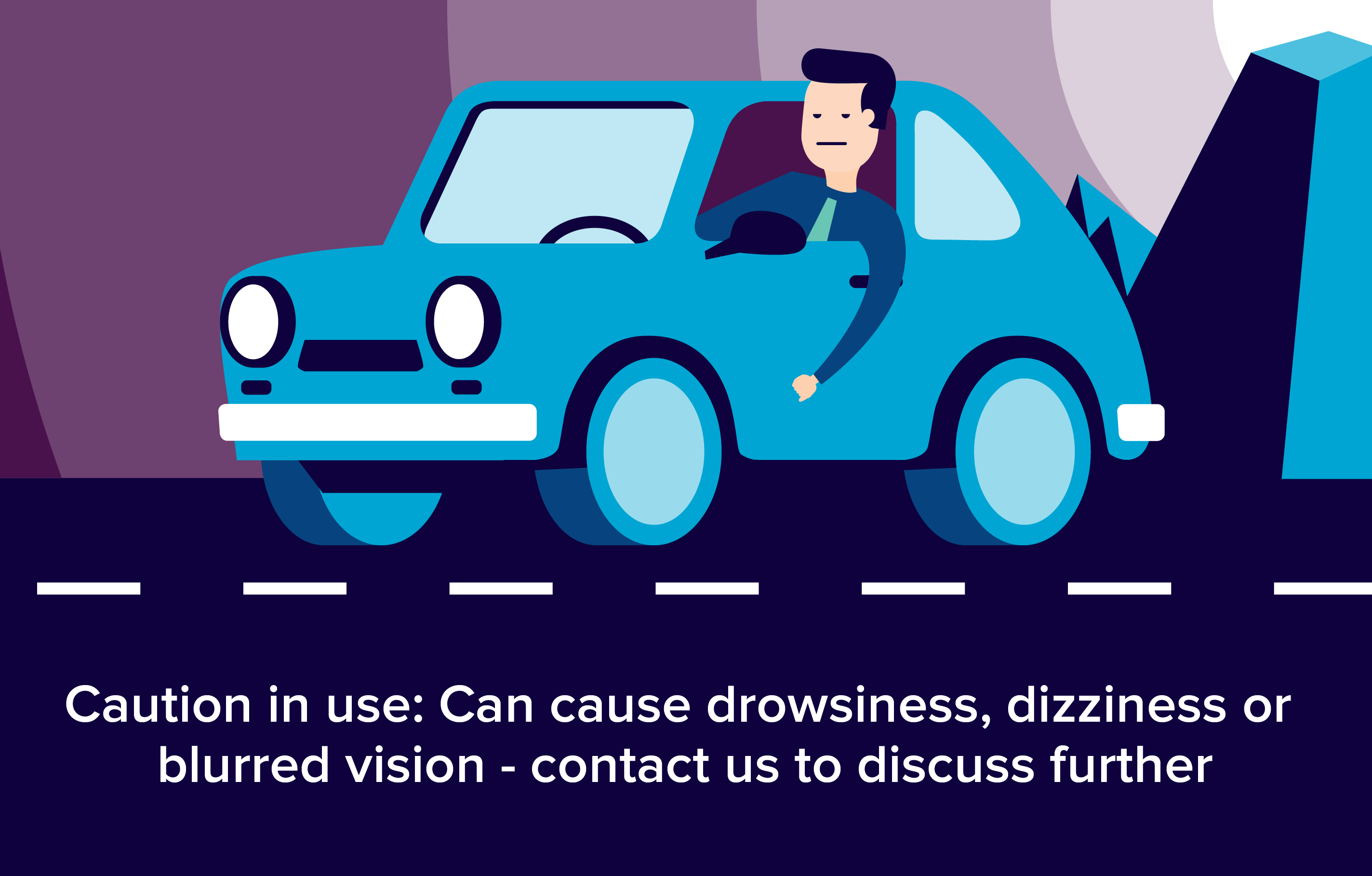- You have been prescribed Montelukast to treat your asthma, and prevent your asthma symptoms during the day and night.
- It is used for patients who are not adequately controlled on their medication and need additional therapy.
- It also prevents narrowing of the airways during exercise and helps relieve allergic rhinitis in asthma patients.

Why have I been prescribed Montelukast?
- You have been prescribed Montelukast to treat your asthma, and prevent your asthma symptoms during the day and night.
- It is used for patients who are not adequately controlled on their medication and need additional therapy.
- It also prevents narrowing of the airways during exercise and helps relieve allergic rhinitis in asthma patients.
How does it work?
Singulair blocks certain chemicals (leukotrienes) which cause narrowing and inflammation of the airways and also cause allergy symptoms.
When and how do I take it?
- You should only take one tablet a day (in the evening) as prescribed by your doctor.
- You should take it even when you have no symptoms or have an acute asthma attack.
- It can be taken with or without food.
What’s the dose?
Adults (15 and over)
- One 10mg tablet in the evening.
Could it interact with other tablets?
Some medicines may affect how Montelukast works, and Montelukast may affect how other medicines work. Please tell your doctor or pharmacist what medications you are taking, including those without a prescription.
In particular, tell your doctor if are taking any of the following before starting Montelukast:
- Phenobarbital (used for treating epilepsy)
- Phenytoin (used for treating epilepsy)
- Rifampicin (used for treating tuberculosis and some other infections)
Herbal supplements should be used with caution and only after informing your doctor first.
What are the possible risks or side-effects?
The most common side effects associated with Montelukast are abdominal pain and headache which are usually mild.
The following have also been reported:
Blood and lymphatic system disorders: increased bleeding tendency.
Immune system disorders: hypersensitivity reactions including anaphylaxis, hepatic eosinophilic infiltration.
Psychiatric disorders: dream abnormalities including nightmares, hallucinations, insomnia, irritability, anxiety, restlessness, agitation including aggressive behaviour, tremour, depression, suicidal thinking and behaviour (suicidality) in very rare cases.
Nervous system disorders: dizziness, drowsiness, paraesthesia/hypoesthesia, seizure.
Cardiac disorders: palpitations.
Respiratory, thoracic and mediastinal disorders: epistaxis
Gastrointestinal disorders: diarrhoea, dry mouth, dyspepsia, nausea, vomiting.
Hepatobiliary disorders: elevated levels of serum transaminases (ALT, AST), cholestatic hepatitis.
Skin and subcutaneous tissue disorders: angiooedema, bruising, urticaria, pruritus, rash, erythema nodosum.
Musculoskeletal and connective tissue disorders: arthralgia, myalgia including muscle cramps.
General disorders and administration site conditions: asthenia/fatigue, malaise, oedema, pyrexia.
Can I drink alcohol while taking it?
- There are no known interactions between alcohol and Montelukast.
- Always ask your doctor/pharmacist however as this may depend on what other tablets you are taking.
What if I’m pregnant/breastfeeding?
- Singulair may be used during pregnancy only if it is considered to be clearly essential.
- Singulair may be used in breast feeding mothers only if it is considered to be clearly essential.
If you have any more questions please ask your Pharmacist.
Remember to keep all medicines out of reach of children
Please Note: We have made every effort to ensure that the content of this information sheet is correct at time of publish, but remember that information about drugs may change. This sheet does not list all the uses and side-effects associated with this drug. For full details please see the drug information leaflet which comes with your medicine. Your doctor will assess your medical circumstances and draw your attention to any information or side-effects which may be relevant in your particular case.
References:
http://xpil.medicines.org.uk/ViewPil.aspx?DocID=4299
http://www.drugs.com/misspellings/singular.html
http://www.netdoctor.co.uk/medicines/allergy-and-asthma/a7532/singulair-10mg-tablets-montelukast/
https://en.wikipedia.org/wiki/Montelukast

